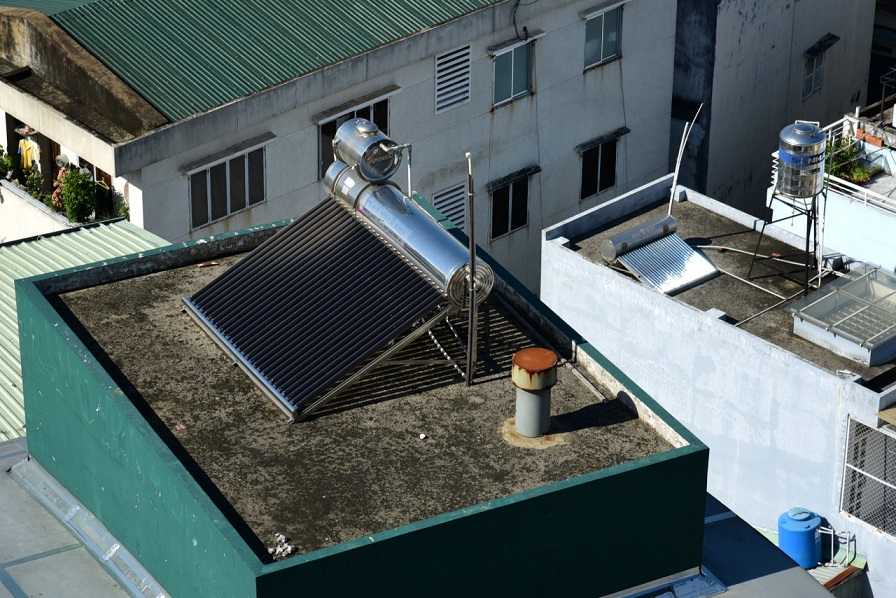It appears that residents in Ho Chi Minh City are weary of clean and recyclable energy, evidenced by the underwhelming electricity output generated by these resources.
Solar power and waste are able to produce electricity while being friendly to the environment, though these methods are nowhere near being used to their full potential in the southern Vietnamese hub.
Though city leaders have an established goal of 1.74 percent of the total energy output in the metropolis being from recycled and renewable sources by 2020, the scheme seems to be a long shot given recent statistics.
According to the Ho Chi Minh City Power Corporation (HCMEVN), the total amount of electricity produced in the southern hub by solar power and waste was recorded at over 30 million kilowatts in 2015, accounting for only 0.15 percent of the city’s total power output, or roughly 20 billion kilowatts.
Recycled energy is primarily generated by a factory in District 9 designed to produce electricity from solar power and emery from waste, the corporation stated.
Green power is also created at local households via the recent rise in popularity of solar water heaters.
However, the output is still insignificant compared to the total amount needed to fuel the city.
HCMEVN has recommended that local authorities develop policies to encourage the use of recycled energy, such as providing support and low-interest loans to businesses wishing to produce clean power.
A price system should also be established for solar power, alongside the current price structure for other traditional power resources.
Local authorities have also been promoting the use of E5 biofuel in a bid to reduce vehicle exhaust and protect the environment ,though their efforts have been ineffective and eco-friendly gas is still consumed at a very slow pace.
Like us on Facebook or follow us on Twitter to get the latest news about Vietnam!




















































